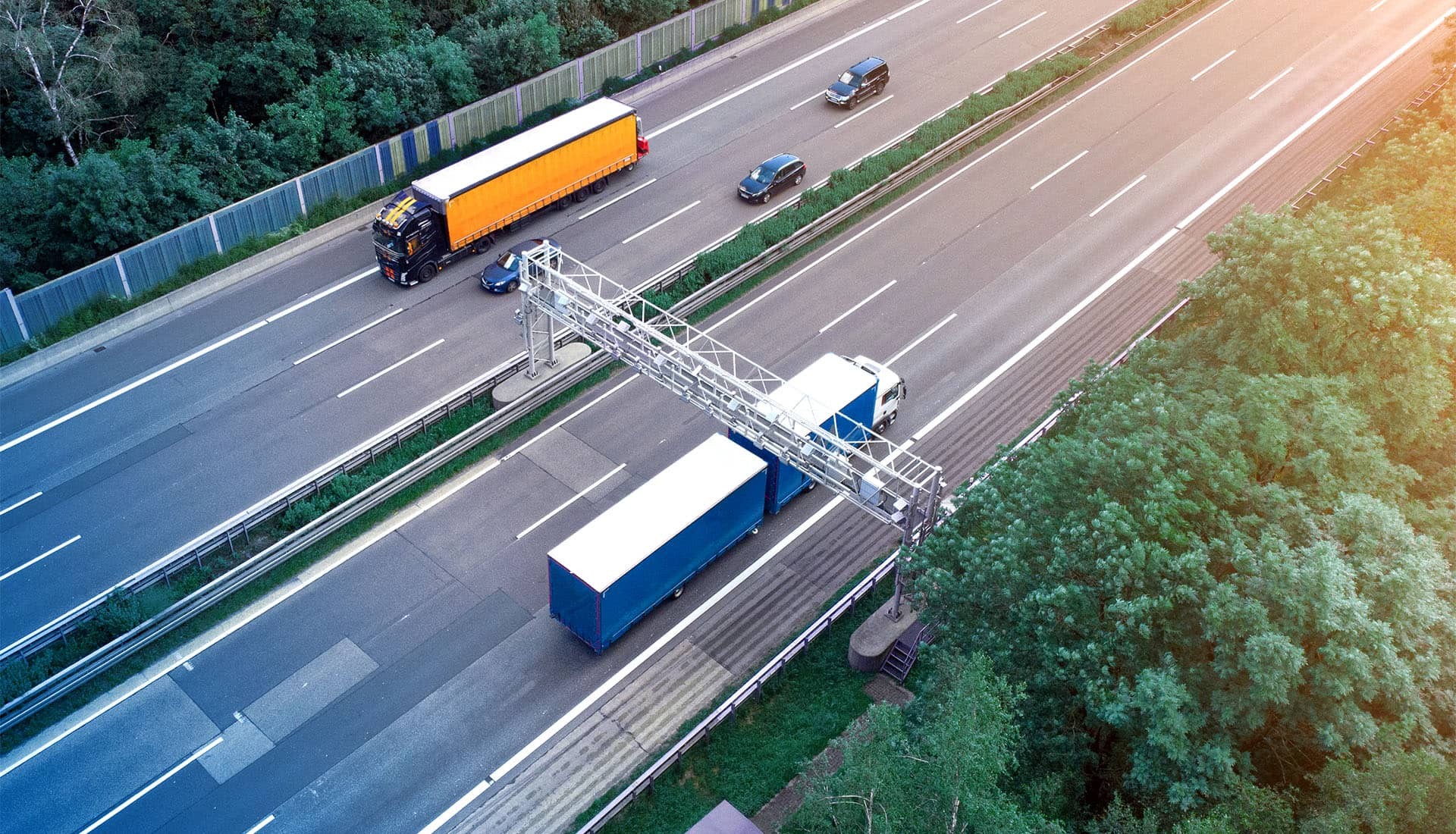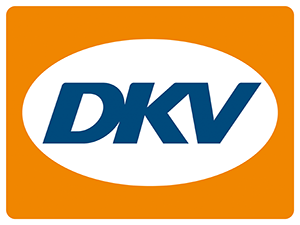The CO2 toll is coming - what to do now

On 1 December 2023, the time will have come: if the legislative process is completed by then as planned, an additional CO2 component will be levied on the truck toll in Germany from that day on. A charge of 200 euros will then be levied per ton of CO2 emitted. The other countries of the European Union will follow suit at a later date. Another new feature is that from 1 July 2024, smaller trucks with a gross vehicle weight of more than 3.5 metric tons will also be subject to tolls and pay the CO2 surcharge. Until now, the truck toll only applied to heavy commercial vehicles weighing 7.5 tons or more. Commercial vehicles under 7.5 tons were exempt from the toll.
Those who prepare in good time can save money.
Forwarders who take care of this early on may be able to absorb some of the extra costs. This is because the surcharge amount will vary according to the CO2 emissions of the vehicle. The law provides for a total of five CO2 classes, with class 1 being the most expensive.
Taking care of a worry-free changeover
With the additional climate surcharge, toll rates are likely to increase by 40 to 80 percent, depending on the vehicle's CO2 class, expects DKV Mobility project manager Andreas Leber: "that's very substantial!". So what to do? "Hauliers must specify a CO2 class for each of their vehicles by 1 December 2023, at the latest," explains Leber. The respective class can be stored in the on-board unit for the toll. "Anyone who does not provide any proof or only insufficient proof by 1 December will have their vehicles automatically categorised in the most expensive class one.," says Leber, underscoring the need for action. All toll-paying vehicles which made their first registration before 1 July 2019 will also automatically be assigned to class 1. "That's why we at DKV Mobility are already taking early actions to support our customers to prevent them from unnecessary costs.", says Leber and adds "we'll guide our customers through the process and inform about all the necessary steps to make the changeover as simple and transparent as possible."
CO2 Class Check: Quick check provides information
For hauliers with newer vehicles, it is worthwhile making the effort to achieve a more favourable classification. One tool that makes this initial assessment straightforward and easy is DKV Mobility's CO2 Class Check . "If the quick check shows that the vehicle falls into a more favourable category than class 1, it is definitely worth gathering the necessary documents," explains Leber. These primarily include the vehicle registration document and the certificate of conformity. "The carrier can then upload the documents to our web portal and we take care of everything else true to our claim: You drive, we care.", assures the DKV Mobility expert.
Leading the way for Germany
Germany is a pioneer in the field of CO2 tolls. It is still unclear when the other Member States will transpose the binding EU directive into national law. In any case, it is advisable for freight forwarders to keep a close eye on further developments. This is also because the limit values for categorisation will be adjusted annually in the future to help achieve the overriding climate target of reducing CO2 emissions from road transport by 30 percent by 2030 compared to 2005. The DKV Mobility website on the subject provides all the information in a compact and up-to-date form. Those who subscribe to the newsletter will also automatically receive all new information in their mailbox.
Additional revenue in the double-digit billions
The German government expects the CO2 surcharge on the toll to generate additional revenue of 26.6 billion euros from 2024 to 2027. The extension of the toll to small trucks over 3.5 tons is expected to bring in a further 3.9 billion euros, almost half of which will come from the CO2 surcharge. The government promises that the money will be earmarked for improving the federal highway infrastructure and for measures in the mobility sector, with a focus on federal railroads.
Emission-free trucks at an advantage
Emission-free vehicles will remain exempt from tolls for a limited period. Only from 1 January 2026 will they pay a "partial toll rate" reduced by 75 percent for the costs of the infrastructure - plus the toll components for air pollution and noise pollution. Clean trucks will remain entirely exempt from the CO2 component.
